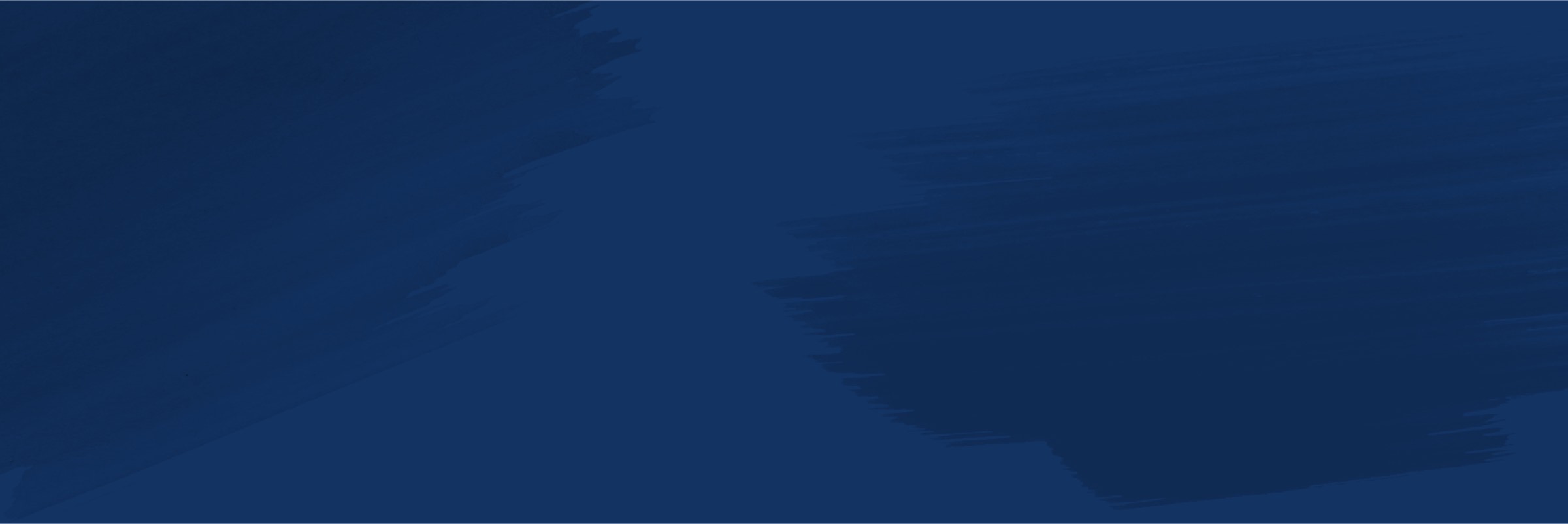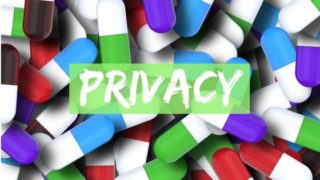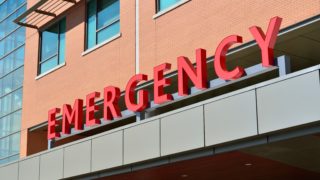
S.A.F.E. Project Co-Chairs Admiral Sandy and Mrs. Mary Winnefeld recently co-hosted an emotional and inspiring day with North Carolina parents and family members who lost someone to an opioid overdose. Convened by North Carolina Attorney General Josh Stein, the seven families gathered at the North Carolina Department of Justice to share their stories and efforts to unite their communities to combat the opioid epidemic.
As AG Stein rightly observed as he talked with the families, “It ruins lives and breaks hearts.”
After each family shared their story of loss, Mary Winnefeld asked the one question that has multiple answers, and within them all, lessons learned:
“What do you wish you knew then that you know now?”
Looking Back
“We were kind of naive to a lot of what was going on. [Our daughter] started self-medicating in high school with prescription medications, and I can’t even begin to tell you all the medications that she was switched back and forth on. . . to this day, I do not think she was addicted to any one thing—she was addicted to whatever made her feel better on any given day.”
“He said, ‘Mom, I would never stick a needle in my arm, I just wouldn’t do it.’ I just was a mom who wanted to believe that he wouldn’t do that, and even if he did it this time he wouldn’t do it the next time. He was in denial himself. He was powerful in his denials and I wanted to believe him so much. ”
“I thought because my son played sports he was immune… I believe he was introduced to prescription pain pills by older athletes. They had the mindset that they were prescription pills and they are okay for you because they are a prescription.”
“We were two people with a son who was helpless. We were helpless as well.”
“I did everything that I knew how to do at the time to try to help him.”
“You can’t lose a child for any reason without feeling that there’s something you could have done. Knowing what you knew then, because you were a loving parent, you did everything that you could. The challenge for us is to teach, to give other parents the knowledge that they need so they don’t end up like this.”
If I Could Do It All Over
“I know I had the idea ‘out of sight out of mind.’ We have too much pride.”
“Mothers are more nurturers. Dads, we’re ‘you’ve got to do this, you’ve got to change.’ And that was my role. I tell dads all the time, ‘You’re fighting that battle and I know that’s the way we are wired. Don’t forget that’s your child. Sometimes you just need to put your arms around his neck, and hug them and tell them that you love them.’ That is probably my biggest regret”
“If I could do it all over, I would shake him and tell him that FENTANYL will go in drugs. The first time can be the last time. Fentanyl is a game changer. ”
“I will always have guilt that i didn’t do more to help him. The lesson I’ve learned is that I can only hope to prevent another father and mother, and grandparents, and sisters, from going through that.”
“I finally understood addiction was a very powerful thing. I look back and know that he truly was an addict, that his brain chemistry changed and he had to have that drug. . . I didn’t understand the power of that and that it can be treated as a medical condition.”
On Denial
“The biggest thing was I didn’t understand was addiction, I thought my son was making bad decisions. I’m a recovering alcoholic. I should have understood.”
“Hope is not a strategy. We know that.”
“I look back and know that he truly was an addict, that his brain chemistry changed and he had to have that drug. . .I didn’t understand the power of that and that it can be treated as a medical condition. Stand up to denial—that is my lesson learned.”
On Self Care
“Jonathan was the youngest of our three sons. When I realized things were going on in his life I told him, ‘I will stand by you; I’ll get in the ditch with you.’ I didn’t know what in the world to do. Drugs were somewhere else, and not in my life. I knew I had to arm myself with learning. I joined Nar-Anon (Narcotics Anonymous) and thought I would learn about my son but I found out I was going to learn for me what I needed.”
“I enrolled myself in Al-Anon, because I did not know how to deal with his problems. I was a mess and trying to help him. I didn’t know how to help him. I was doing all the ‘mom’ kind of things, like making rules he wasn’t complying with…I said ‘I need to fix me’, and try to figure out how to detach myself from him and help him at the same time.”
What We Know Now
“As an educator, I know that it is much easier to prevent than it is to treat.”
“We need to remove the stigma of the whole thing. This can happen in your family too.
“I have an 11-year-old – he knows the story about his cousins. We keep all medicine in a lock box. When he takes it, I explain why he takes it and when we stop, we talk about why he isn’t taking it. I also do not flavor his medications. I don’t want him to have it tasting like candy.”
“Advocate for your child when they go to a physician or a doctor. You have rights. You have choices…Advocate when it comes to medications, educate yourselves because your doctor may not always know best.”
“This is legacy building: I don’t want my child remembered as a 26-year-old kid who struggled with addictions, who died of a drug overdose. I want my child remembered that his life had purpose. He was instrumental in motivating us to get in the game.”



